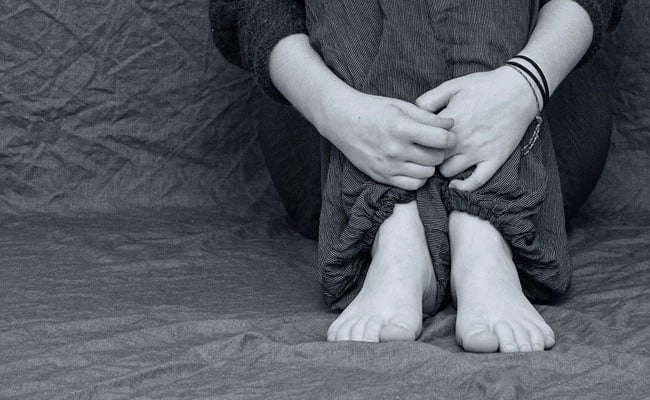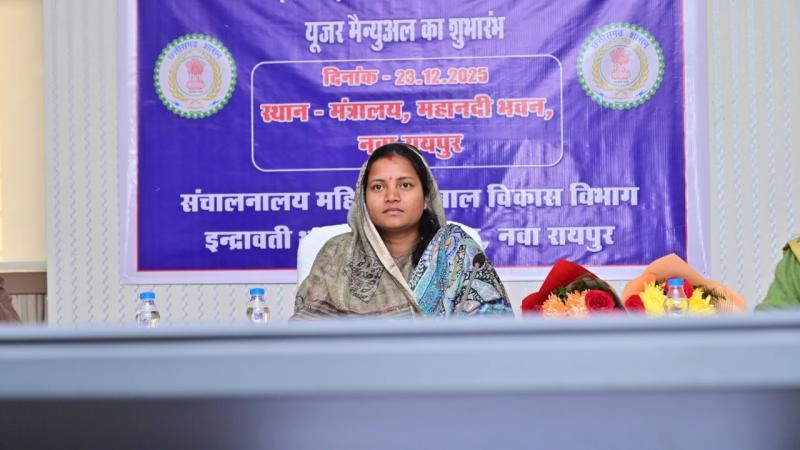In a deeply troubling incident from Madhya Pradesh, a minor rape survivor has been sent back to the home of her alleged assailant, where she was subsequently assaulted once more. The case highlights not only the inadequacies in the response to sexual violence against minors but also raises serious questions about the safety and protection measures in place for survivors. The young girl had already endured a horrific experience of sexual assault, and instead of receiving the support and protection she desperately needed, she was placed in a situation that exposed her to further trauma.
The circumstances surrounding this incident reveal systemic failures within the legal and social support frameworks designed to protect vulnerable individuals. It is alarming that authorities would consider returning a minor to the home of someone accused of such a grave crime. This decision raises concerns about the protocols followed by law enforcement and child protection services, which should prioritize the safety and well-being of survivors. The failure to provide a safe environment for the survivor not only exacerbates her trauma but also undermines trust in the very systems meant to offer her refuge and justice.
This incident calls for an urgent reevaluation of how cases of sexual assault against minors are handled. There is an immediate need for stricter guidelines and training for authorities to ensure that survivors are not inadvertently placed in harm’s way. Moreover, it underscores the importance of creating safe spaces for survivors where they can receive the necessary psychological and legal support. The community, as well as the government, must come together to advocate for policies that prioritize the safety and rights of survivors, ensuring they are treated with the dignity and respect they deserve.
In the wake of this incident, it is crucial for stakeholders to engage in a dialogue that addresses the broader issues of gender-based violence and institutional accountability. The voices of survivors must be amplified, and their needs prioritized in policy-making processes. Only through comprehensive reforms can we hope to create an environment where survivors feel safe to come forward and report their experiences, without the fear of being further victimized. The journey towards justice and healing for survivors must be supported by a robust and compassionate response from society as a whole.




